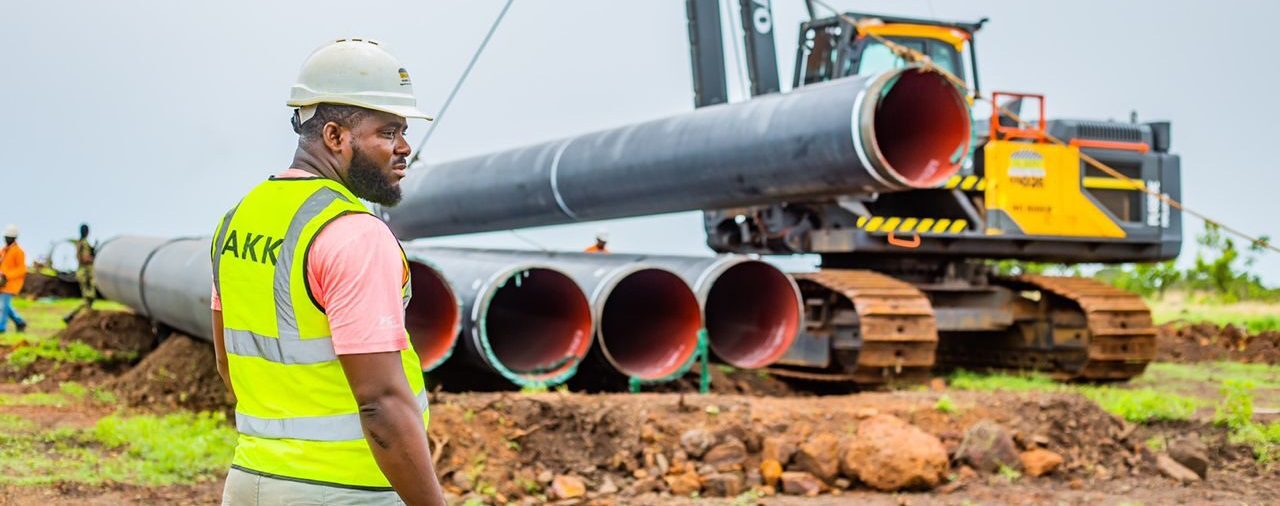Historically, Nigeria’s oil and gas sector has been perceived as a straightforward story of crude oil exports, pipeline issues, and corruption. However, this angle is no longer relevant. Currently, the market is undergoing swift changes, led by advancements in technology and collaborative efforts. These developments are generating innovative and promising opportunities for investors and business leaders throughout Africa.
With the major focus constantly being on crude oil, Nigeria’s over 209 trillion cubic feet of natural gas reserves went unused for years. However, that’s changing. With the “Decade of Gas” plan (2020–2030), gas is seen as a cleaner, more reliable alternative to crude oil. From gas-to-power projects addressing the national electricity shortage to new pipelines like the AKK project, gas is set to power Nigeria’s industries and homes.
Midstream infrastructure, CNG and LPG expansion, and petrochemical plants like Brass Fertiliser are building a future where Nigeria exports more than just crude oil. Instead of raw exports, the focus is now on high-value products and local industry growth.
The industry’s old pattern, where every company built its pipelines and terminals, is giving way to shared infrastructure. Smaller oil companies are now forming joint ventures, bringing resources together to develop previously untapped oil fields (called marginal fields). This new way lowers costs, improves security, and reduces risks from pipeline vandalism.
The world is moving digital, and the Oil and Gas Sector isn’t left out. The government has since encouraged the use of AI, drones, and blockchain to improve efficiency and reduce corruption. These tools are helping track production, monitor pipelines, and build investor trust.
New shared infrastructure and transparent regulations lower financial risks, making investments safer. Gas-powered industries will need equipment, services, and partnerships, creating opportunities in supply chains, manufacturing, and retail.
Nigeria’s oil and gas market isn’t stuck in the past. It’s constantly evolving, and African businesses should watch closely.








